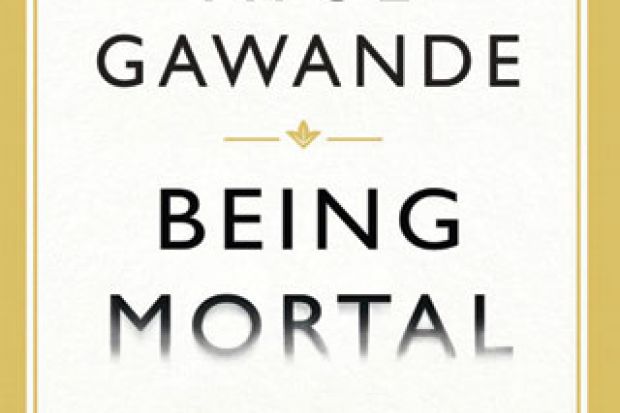“Thou shouldst not have been old till thou hadst been wise,” the Fool told King Lear. Towards life’s end, as body and mind fail, some of the hardest decisions must be made. And according to Atul Gawande, the writer and surgeon who delivered the BBC’s 2014 Reith Lectures, we show no more wisdom than did Lear. More than just an individual failing or a family drama, the problems are inherent in the way society delivers its medicine. Such delivery has deep structural flaws. Although Gawande’s stage is the US, with fleeting personal glimpses of India, there is no room for complacency elsewhere.
Being Mortal: Illness, Medicine and What Matters in the End grew from Gawande’s earlier writing in The New Yorker. In his now familiar weaving of case history, personal narrative and pertinent scientific details, he grapples with how we care for the aged and those whose sickness brings a premature end. Gawande uses the story of his own father’s death to reinforce his message. At its core are two facts. One, we will die. Two, on our journey out of life, more medicine is not necessarily good medicine. The use of drugs and surgeries when risks outweigh benefits is inappropriate, and even bad, medicine.
Many of Gawande’s examples are patients with cancers. The potent drugs prescribed (sometimes experimentally) have debilitating side-effects. So too do the limiting choices available to the frail and their overprotection in the name of risk prevention. In one of the book’s most charming sections, he relates how a maverick care-home doctor introduced birds, dogs and visits by children unrelated to the residents. The regime brightened their lives and reduced the use of medication – not according to anecdote but to quantifiable research.
It is a jolt when more than halfway through the book, we move from care of the elderly to the story of Sara Monopoli, a non-smoking 34-year-old in her first pregnancy when she was diagnosed with metastatic, inoperable non-small cell lung cancer. After her daughter was born, Monopoli followed the normal route of multiple rounds of chemotherapy. The goal was to increase her longevity, but as Gawande points out, it was done with scant regard for the overall impact on her quality of life. It is what doctors have been conditioned to offer, and patients to want and expect.
It is here that the book’s two strands come together and coalesce. Our problem is with coming to terms with the inevitability of death. Becoming more attuned to talking about grief, and undertaking frank discussion of what it takes to achieve a good life until death, once a terminal prognosis has been made, may be a challenge. Doctors have shaken off paternalism, and now routinely inform patients about treatment options in order to include them in decision-making. But more often than not, they stop short of the really hard conversation: the one that discusses palliative care as an initial option, asks patients what they really want to achieve in what time remains, and what they don’t want to lose in a risk/benefit analysis of possible therapies. This is the language of hospice, which is not necessarily an institution but more a humane way of death. That, says Gawande, is what truly empowers patients. No book has all the answers, but Being Mortal should help to start some conversations.
Being Mortal: Illness, Medicine and What Matters in the End
By Atul Gawande
Profile, 288pp, £15.99
ISBN 9781846685811 and 9781847657862 (e-book)
Published 16 October 2014





